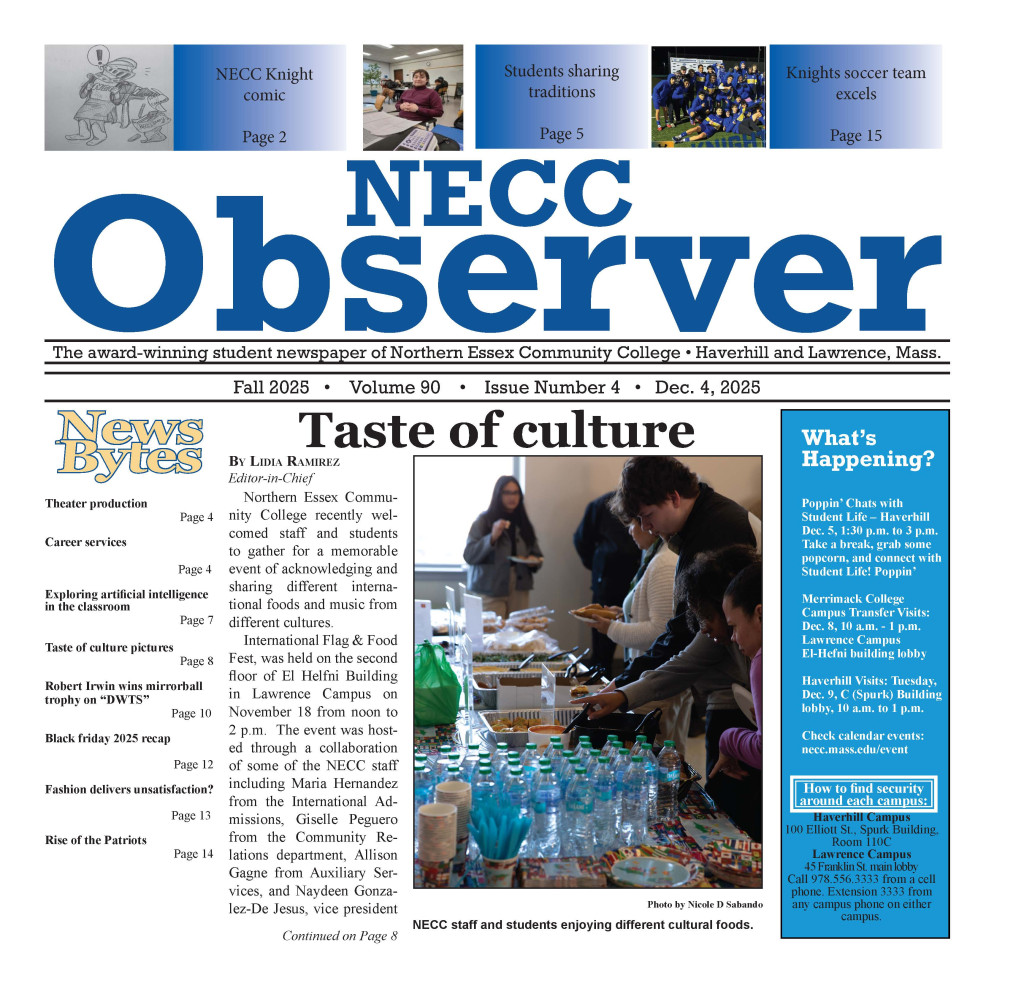Have you ever thought what it would be like to grow up in a different decade? Being born in the 90s was great, but I have always wondered what it would be like to live in another time. I would choose to live in the 50s.
Fifties America was known as “the Golden Years.” After WWII, we were the most powerful and wealthiest nation. The middle class was expanding more and more each day, and it was very easy to find a job. The American dream was a beautiful vision to many Americans because crime, divorce and debt were low, and everything was less hectic than it is now.
One thing I admire and love is the style of the 50s, including the clothing that the women would wear and the classy hairstyles. That’s one of the major reasons why I would want to live in that era; everything seemed so chill and laid back.
I also feel like men had more respect for women back then when it comes to dating. Some men that I have dated act like pigs and have no manners at all. Recently, I talked to my neighbor who grew up in the 50s, and he told me how he still holds the door open for his wife and pulls her chair. I just find that so attractive in a man.
Another reason I would say is a benefit of living in the 50s is how much less things cost back then. In 1950, a gallon of gas cost 27 cents. By the beginning of the 60s, the price of tuition to Harvard was $2,370. In 2014, the cost to go to Harvard is $59,950, more than 25 times the amount in 1960.
Going to college in the 50s was uncommon; it was more of a dream to some. Starting my junior year in college, I feel like it is nothing but the norm to attend college. Now to survive in this world and have a good job, a college degree is required. Back in the 50s, people had a trade, and companies didn’t require that you have a degree. Even if I did choose to go to college, living in the 50s, the price is amazing. A lot of people that I know tell me how they don’t go to college because they can’t afford it.
In the 1950s, still in the wake of the New Deal, America’s economy much more strongly supported the working class. Sheer poverty was less likely to hold a person out from opportunities. But it’s important to me to not downplay the reality that racism and sexism were strong forces in many people’s lives at that time, and that homophobia was so overwhelming that non-cisgender, heterosexual people faced extremely high likelihood of ostracism and death if they came out.
It’s possible, if we’re careful and attentive, to separate the aesthetic of the 1950s from the bigotry that did, in part, define it. I’m in the fortunate position to be able to look back and see the good in that time, and I hope we can take ownership of those good things without reviving some of the terrible parts of America’s heritage.
When all is said and done, I’m sure tonight I am going to have a dream about living in the 50s.

